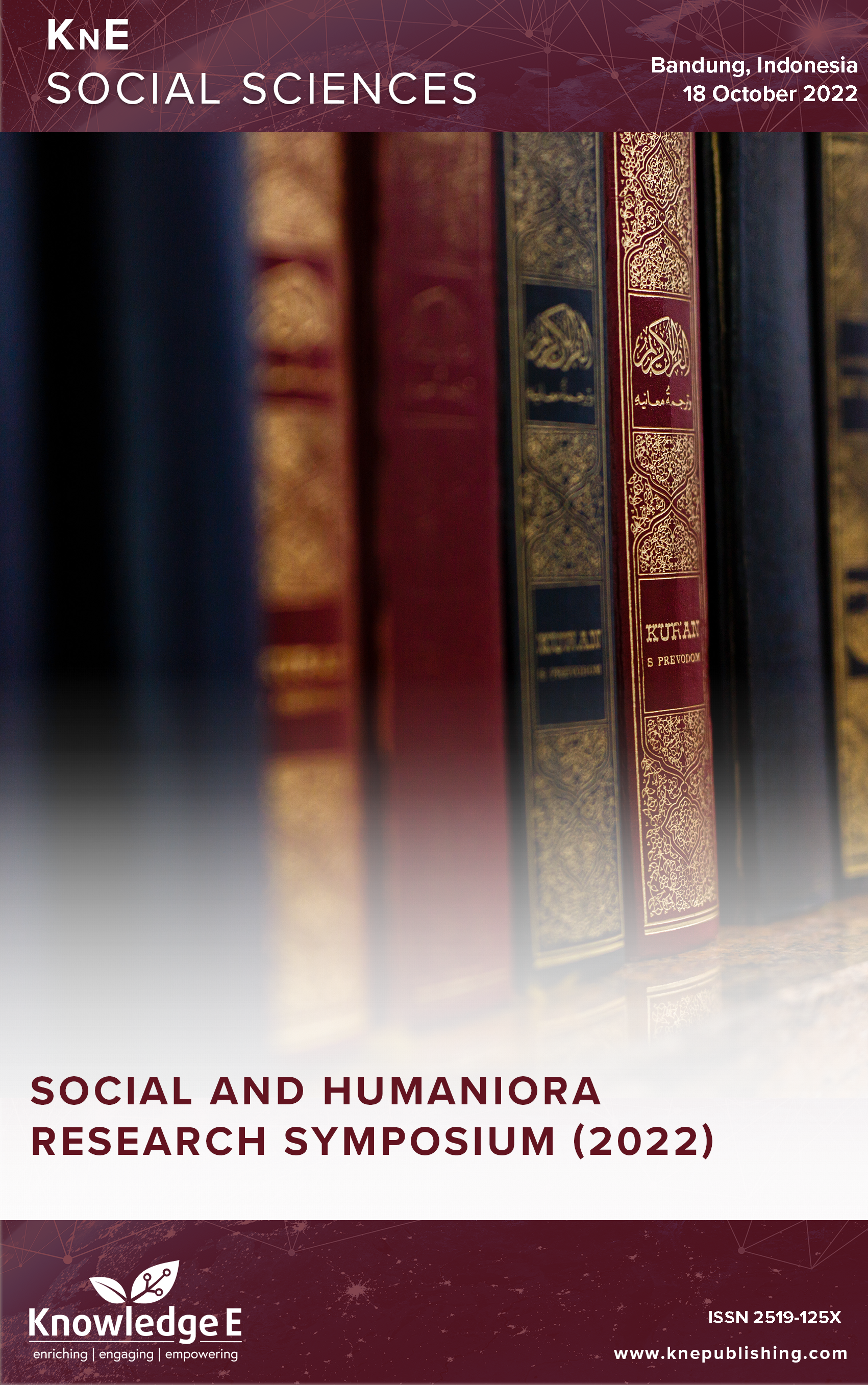Identification Relation of Communitarianism Values in ASEAN as an Intergovernmental Organization
DOI:
https://doi.org/10.18502/kss.v8i18.14333Abstract
Tensions after the end of the World War and the struggle for ideological influence between the western and eastern alliances in the Southeast Asia Region, inspired several countries in this region to gather a forum, which was eventually known as ASEAN, to create a prosperous, peaceful, safe, and stable Southeast Asia region. ASEAN’s joint decisions are taken through consensus, which embodies the spirit of togetherness (communitarian) in ASEAN to complete common affairs. Although later in its implementation, it is left to each member country. Communitarianism values have become a foundation that underlies the establishment of ASEAN and have enabled ASEAN to survive well until now. In its development, ASEAN does not count itself into a whole society because ASEAN cooperates with other countries. They raise the question of how far the influence of the value of communitarianism is in ASEAN legal and policy instruments. The research uses normative juridical and hermeneutic approaches as a philosophical method. The problems studied are about the matters contained in communitarianism, value relations in ASEAN, and the implementation of communitarianism values in ASEAN in both text and context. The result of this research is to know the relationship between communitarianism values in ASEAN and their implementation in the instruments of ASEAN Law. Eventually, they become the basis to reinforce cooperation in ASEAN.
Keywords: communitarianism, ASEAN, intergovernmental organisation
References
[2] Sani MA, Hara AE. ASEAN Paradigm shift from a state to people-oriented organization: A neo-communitarian perspective. Jpn J Polit Sci. 2013;14(3):379–394.
[3] Kementerian Luar Negeri Republik Indonesia. “ASEAN Plus Three,” https://kemlu.go.id/ptri-asean/id/pages/asean_plus_three/978/etc-menu
[4] Tam H. The evolution of communitarin ideas: History, theory and practice. Cambridge: Palgrave Macmillan; 2019. https://doi.org/10.1007/978-3-030-26558-8.
[5] Bell S, Morse S. Sustainability Indicators. Routledge; 2012. https://doi.org/10.4324/9781849772723.
[6] Capotorti F. “Supranational organizations.” in Encyclopedia of Public International Law Vol. 4, 2000, pp. 738–739.

